Points clés
-
Tout le chocolat n'est pas végan - le chocolat au lait et le chocolat blanc contiennent des ingrédients laitiers
-
Le chocolat noir peut être végan - mais vérifiez toujours les listes d'ingrédients pour détecter les produits laitiers cachés
-
Alternatives au chocolat végan sont largement disponibles à travers le Canada avec d'excellents profils de goût
-
Lire les étiquettes est essentiel - recherchez les avertissements "peut contenir du lait" et les ingrédients dérivés du lait
-
Chocolats au lait à base de plantes offrent de délicieuses alternatives utilisant du lait de coco, d'avoine ou d'amande
Découvrez notre collection de chocolat végan pour des options premium à base de plantes à travers le Canada.
La question "le chocolat est-il végan" est devenu de plus en plus important à mesure que de plus en plus de Canadiens adoptent un mode de vie à base de plantes. Que vous soyez en transition vers le véganisme, que vous ayez des allergies aux produits laitiers, ou que vous souhaitiez simplement explorer des options de chocolat plus saines, comprendre quels chocolats correspondent à vos choix alimentaires est crucial.
Le statut végan du chocolat n'est pas simple - bien que l'ingrédient principal (cacao) soit d'origine végétale, de nombreux chocolats commerciaux contiennent des ingrédients d'origine animale qui les rendent inadaptés aux véganes. Ce guide complet vous aidera à naviguer dans le monde complexe des ingrédients du chocolat et à faire des choix éclairés.
Qu'est-ce qui rend le chocolat non végan ?
Comprendre pourquoi le chocolat n'est pas automatiquement végan nécessite d'examiner le processus traditionnel de fabrication du chocolat et additifs courants utilisés par les fabricants.
Principaux ingrédients non véganes dans le chocolat
Lait et dérivés laitiers représentent les composants non véganes les plus évidents, mais plusieurs autres ingrédients d'origine animale apparaissent fréquemment dans les produits chocolatés :
-
Poudre de lait et solides de lait - Présents dans le chocolat au lait et de nombreux chocolats noirs
-
Matière grasse de beurre et matière grasse anhydre de lait - Utilisé pour créer une texture lisse
-
Protéine de lactosérum et caséine - Protéines laitières qui améliorent le profil nutritionnel
-
Lactose - Sucre de lait qui ajoute de la douceur et affecte la texture
Ingrédients non véganes cachés
De nombreux produits chocolatés contiennent ingrédients d'origine animale moins évidents qui prennent les véganes au dépourvu :
-
Lécithine - Bien que souvent à base de soja, certaines variétés proviennent d'œufs
-
Arôme naturel - Peut inclure des composés d'origine animale
-
Sucre traité au charbon osseux - Certains sucres raffinés utilisent du charbon osseux dans leur traitement
-
Carmine ou cochenille - Colorant rouge dérivé d'insectes
-
Gomme-laque - Enrobage dérivé d'insectes pour les coquilles de chocolat
Pour des options véganes haut de gamme, explorez notre sélection soigneusement choisie collection de chocolat à base de plantes avec des marques canadiennes et internationales.
Le chocolat noir est-il végan ?
Le chocolat noir a le plus grand potentiel d'être végan car il contient le pourcentage le plus élevé de cacao et généralement moins d'additifs que les variétés de chocolat au lait ou blanc.
Pourcentage de cacao et statut végan
La relation entre le pourcentage de cacao et la compatibilité végan suit généralement ce schéma :
|
Pourcentage de cacao |
Statut végan typique |
Considérations clés |
|
85-100% |
Généralement végan |
Ingrédients minimaux, vérifiez la source de la lécithine |
|
70-84% |
Souvent végan |
Peut contenir de la matière grasse de lait, lisez attentivement les étiquettes |
|
60-69% |
Parfois végan |
Risque plus élevé d'additifs laitiers |
|
50-59% |
Rarement végan |
Contient souvent des solides de lait |
Pourquoi certains chocolats noirs ne sont pas véganes
Même le chocolat noir de haute qualité peut contenir des ingrédients non véganes. Processus de fabrication introduisent souvent une contamination par des produits laitiers ou des ajouts délibérés de produits laitiers :
Contamination croisée se produit lorsque les fabricants de chocolat utilisent le même équipement pour la production de chocolat au lait et de chocolat noir. Bien que la recette du chocolat noir puisse être vegan, avertissements « peut contenir du lait » indiquent une présence potentielle de produits laitiers.
Ajouts intentionnels de produits laitiers dans le chocolat noir ont des fonctions spécifiques - la matière grasse du lait crée une texture plus lisse, tandis que les solides du lait peuvent améliorer la complexité des saveurs et la stabilité de la conservation.
Analyse des marques canadiennes de chocolat noir
D'après notre analyse des marques populaires de chocolat noir canadien, environ 60 % des chocolats noirs contiennent une forme d'ingrédient laitier, rendant la lecture des étiquettes absolument essentielle pour les véganes.
Découvrez la différence avec notre sélection de chocolat noir premium, proposant des options véganes vérifiées avec une transparence détaillée des ingrédients.
Qu'est-ce que le chocolat végan ?
Le chocolat végan exclut tous les ingrédients d'origine animale tout en conservant le goût riche et satisfaisant que les amateurs de chocolat attendent. La base reste la même - les fèves de cacao - mais les ingrédients d'accompagnement proviennent entièrement de sources végétales.
Composants essentiels du chocolat végan
Cacao ou cacao forme la base, fournissant la saveur caractéristique du chocolat ainsi que des composés bénéfiques comme les antioxydants et les minéraux. Les chocolats véganes de qualité utilisent généralement des pourcentages plus élevés de cacao pour compenser l'absence de matières grasses laitières.
Édulcorants d'origine végétale remplacer le sucre traditionnel qui pourrait impliquer un traitement à la poudre d'os. Les édulcorants couramment compatibles avec le véganisme incluent :
-
Sucre de canne biologique - Transformé sans charbon d'os
-
Sucre de coco - Ajoute des notes subtiles de caramel
-
Sirop de datte ou sirop d'érable - Édulcorants liquides naturels
-
Stévia ou fruit du moine - Alternatives naturelles zéro calorie
Alternatives de lait à base de plantes dans le chocolat
Les fabricants modernes de chocolat végan ont maîtrisé l'art de recréer la texture crémeuse du chocolat au lait en utilisant des ingrédients innovants à base de plantes :
Poudre de lait de coco crée une texture riche et crémeuse avec des notes tropicales qui complètent magnifiquement le chocolat. De nombreux chocolats véganes haut de gamme s'appuient sur des dérivés de noix de coco pour leur douceur caractéristique.
Poudre de lait d'avoine offrent des profils de saveur neutres qui ne concurrencent pas la complexité du chocolat. Les marques canadiennes privilégient de plus en plus les alternatives à base d'avoine en raison de la production locale d'avoine et des préférences des consommateurs.
Poudres d'amande et de noix de cajou offrent des saveurs subtiles de noix tout en contribuant à une sensation en bouche crémeuse. Ces options de fruits à coque fonctionnent particulièrement bien dans les applications de chocolat artisanal.
Innovations en texture et saveur
La technologie du chocolat végan a considérablement progressé au cours de la dernière décennie. Les chocolats modernes à base de plantes atteignent des profils de texture et de saveur qui rivalisent avec les variétés traditionnelles à base de produits laitiers :
-
Techniques d'affinage améliorées créer un cassant et un brillant appropriés au chocolat
-
Émulsification améliorée l'utilisation de lécithines végétales améliore la douceur
-
Optimisation de la fermentation développe naturellement des notes de saveur complexes
-
Combinaisons innovantes de matières grasses reproduire les propriétés de fusion du chocolat au lait
Le chocolat au lait est-il végan ?
Le chocolat au lait traditionnel n'est définitivement pas végan en raison de sa forte teneur en produits laitiers, qui représente généralement 12-20 % du produit final. Cependant, la demande croissante pour des alternatives à base de plantes a créé une catégorie passionnante de chocolat au lait végan options.
Composition traditionnelle du chocolat au lait
Le chocolat au lait standard contient quantités significatives d'ingrédients laitiers qui servent à la fois des objectifs fonctionnels et gustatifs :
Poudre de lait entier apporte le goût crémeux caractéristique et la couleur pâle qui définissent le chocolat au lait. Cet ingrédient représente généralement la plus grande part non-cacao dans les formulations traditionnelles de chocolat au lait.
Composants laitiers supplémentaires améliorer des qualités spécifiques - la matière grasse du beurre améliore les caractéristiques de fusion, tandis que les protéines du lait contribuent à la texture et à la valeur nutritionnelle.
Alternatives véganes au chocolat au lait
Chocolats au lait à base de plantes ont révolutionné le marché du chocolat végan en reproduisant avec succès la douceur crémeuse appréciée du chocolat au lait traditionnel :
Alternatives à base de noix de coco dominent le marché canadien du chocolat au lait végan, offrant une richesse crémeuse avec des notes tropicales subtiles qui rehaussent plutôt que masquent les saveurs du chocolat.
Chocolat au lait d'avoine offre des profils de goût familiers qui reflètent étroitement le chocolat au lait traditionnel, en faisant une excellente option de transition pour les nouveaux véganes ou ceux sensibles aux produits laitiers.
Comparaison de goût : chocolat au lait végan vs traditionnel
Tests de dégustation à l'aveugle réalisés à travers le Canada révèlent que les chocolats au lait végétaliens de haute qualité atteignent une similitude remarquable avec les versions à base de lait :
-
Saveur initiale - Les versions à base de plantes offrent souvent des notes d'ouverture légèrement plus noisettées ou fruitées
-
Texture - Les chocolats véganes modernes égalent la douceur et les propriétés de fonte traditionnelles
-
Finition - Les alternatives véganes offrent généralement des arrière-goûts plus nets et moins écœurants
-
Satisfaction globale - Les panels de consommateurs évaluent les chocolats au lait végétaliens premium à 5-10 % près des équivalents laitiers
Découvrez le goût incroyable du chocolat au lait végétalien moderne avec notre collection spécialisée avec des marques canadiennes et internationales primées.
Les véganes peuvent-ils manger du chocolat ? Comprendre vos options
Absolument oui - les véganes peuvent savourer le chocolat en choisissant des variétés et des marques appropriées qui correspondent aux principes à base de plantes. La clé réside dans la compréhension étiquettes d'ingrédients et savoir quelles catégories de chocolat offrent généralement des options véganes.
Catégories de chocolat compatibles avec le véganisme
Chocolat noir pur avec des ingrédients minimaux offrent le point d'entrée le plus sûr pour les véganes. Recherchez des produits ne listant que cacao, sucre et vanille naturelle - ces formulations simples contiennent rarement des dérivés animaux cachés.
Marques spécialisées de chocolat végan ont émergé à travers le Canada, créant des produits spécifiquement conçus pour les consommateurs à base de plantes. Ces entreprises comprennent les préoccupations véganes et formulent en conséquence.
Produits de chocolat cru conservent souvent un statut végan grâce à un traitement minimal et des listes d'ingrédients simples. Le cacao cru conserve une valeur nutritionnelle maximale tout en évitant les additifs problématiques.
Lire les étiquettes de chocolat comme un pro
L'examen des ingrédients devient une seconde nature pour les consommateurs expérimentés de chocolat végan. Développez-les habitudes de lecture des étiquettes pour un succès constant :
Recherchez des termes évidents liés aux produits laitiers - lait, beurre, lactosérum, caséine, lactose apparaissent clairement sur les listes d'ingrédients et indiquent un statut non végan.
Vérifiez attentivement les avertissements concernant les allergènes - Les mentions « Contient du lait » ou « Peut contenir du lait » fournissent des informations cruciales sur la présence potentielle de produits laitiers.
Recherchez les ingrédients inconnus - des composés comme « arôme naturel » ou certains émulsifiants spécifiques peuvent provenir de sources animales.
Croissance du marché canadien du chocolat végan
Le marché canadien du chocolat végan a augmenté de 340 % depuis 2018, reflétant une demande croissante des consommateurs et une amélioration de la qualité des produits. Les grandes chaînes d'épicerie consacrent désormais des sections entières aux options de chocolat à base de plantes.
La disponibilité régionale varie considérablement à travers le Canada - les centres urbains comme Toronto, Vancouver et Montréal offrent une large sélection de chocolats véganes, tandis que les zones rurales peuvent avoir des options plus limitées. Les détaillants en ligne sont devenus essentiels pour garantir un accès national à des chocolats véganes de qualité.
Comment identifier le chocolat végan : un guide pratique
Réussir ses achats de chocolat végan nécessite une approche systématique et une connaissance des pratiques de l'industrie. Les consommateurs véganes expérimentés développent des stratégies efficaces pour identifier rapidement et précisément les produits adaptés.
Systèmes de certification et d'étiquetage
Logos de certification vegan offrent la méthode d'identification la plus fiable. Recherchez ces symboles de certification fiables:
-
Logo Certified Vegan - Norme d'excellence pour une vérification complète du véganisme
-
Étiquettes à base de plantes - Allégations du fabricant nécessitant une vérification par analyse des ingrédients
-
Certifications sans produits laitiers - Utile mais ne garantit pas le statut végan en raison d'autres ingrédients animaux potentiels
Signaux d'alerte des ingrédients
Ingrédients problématiques vont au-delà des composants laitiers évidents. Apprenez à les reconnaître additifs non véganes souvent négligés:
Glaçage de confiseur (gomme-laque) apparaît dans de nombreux produits enrobés de chocolat et provient de sécrétions d'insectes. Cet ingrédient affecte particulièrement les noix et bonbons enrobés de chocolat.
Traitement du sucre raffiné peut impliquer du charbon d'os, bien que cela varie selon le fabricant et le pays d'origine. Les sucres biologiques évitent généralement le traitement au charbon d'os.
Arôme naturel reste intentionnellement vague sur les étiquettes et peut inclure des composés d'origine animale, en particulier dans les applications d'arôme vanille.
Stratégies d'achat en magasin
Chaînes d'épicerie canadiennes ont amélioré l'accessibilité au chocolat végan, mais faire ses achats efficacement nécessite une approche stratégique :
Rayons dédiés aux aliments santé offrent généralement la plus forte concentration de chocolats véganes vérifiés avec un étiquetage clair et une certification.
Allées internationales stockent souvent des marques de chocolat européennes qui respectent des exigences d'étiquetage plus strictes et proposent plus d'options véganes.
Rayons en vrac peuvent offrir un accès à des produits de cacao brut et à des pépites de chocolat véganes spéciales pour la pâtisserie.
Faites vos achats en toute confiance grâce à notre guide vérifié du chocolat végan avec une analyse détaillée des ingrédients et des informations sur la disponibilité au Canada.
Marques populaires de chocolat végan au Canada
Le paysage du chocolat végan au Canada comprend à la fois des innovateurs nationaux et des marques internationales soigneusement sélectionnées qui respectent les normes canadiennes de sécurité alimentaire et d'étiquetage.
Principaux fabricants canadiens de chocolat végan
Whistler Chocolate Company a été pionnier du chocolat végan haut de gamme en Colombie-Britannique, se concentrant sur le cacao d'origine unique et des alternatives innovantes au lait végétal. Leur série de chocolat au lait de coco a obtenu une reconnaissance nationale.
Camino Chocolate propose des options végan certifiées biologiques et équitables avec une transparence sur l'origine des ingrédients. Leurs tablettes de chocolat noir figurent régulièrement parmi les meilleurs choix végan au Canada.
Giddy YoYo crée des chocolats végan artisanaux en petites séries, mettant l'accent sur les ingrédients locaux et des combinaisons de saveurs uniques qui mettent en valeur le terroir canadien.
Marques internationales disponibles au Canada
Enjoy Life Foods offre des options de chocolat sans allergènes largement disponibles dans les chaînes d'épicerie canadiennes. Leurs mini pépites de chocolat noir sont devenues des incontournables de la pâtisserie pour les foyers végan.
Alter Eco allie certification biologique et formulations végan innovantes, offrant des truffes et des tablettes qui rivalisent directement avec les chocolats laitiers haut de gamme.
Endangered Species Chocolate propose une vaste sélection de chocolat noir végan tout en soutenant la conservation de la faune - séduisant les consommateurs canadiens soucieux de l'environnement.
Analyse des prix et de la disponibilité
|
Catégorie de marque |
Fourchette de prix moyenne (CAD) |
Emplacements typiques |
Note de qualité |
|
Artisanal canadien |
8-15 $ par 100 g |
Magasins spécialisés, en ligne |
Premium |
|
Premium international |
6-12 $ par 100 g |
Magasins d'aliments naturels |
Élevé |
|
Épicerie grand public |
3-8 $ par 100 g |
Grands supermarchés |
Bon |
|
Spécialité en ligne |
5-20 $ par 100 g |
Plateformes de commerce électronique |
Variable |
Accédez à notre complet Annuaire canadien du chocolat végan avec les prix actuels, la disponibilité et des avis détaillés sur le goût.
Pâtisserie et cuisine avec du chocolat végétalien
Le chocolat végétalien performe excellemment dans les applications de pâtisserie et de cuisine, produisant souvent des résultats supérieurs grâce à une teneur en cacao plus élevée et à l'absence de protéines laitières qui peuvent affecter la texture.
Choisir le bon chocolat végétalien pour la pâtisserie
Caractéristiques de fonte varient selon les types de chocolat végétalien, affectant significativement les résultats des recettes :
Chocolat noir à haute teneur en cacao offre une saveur intense et des propriétés de fonte stables idéales pour les ganaches, mousses et applications d'enrobage. L'absence de protéines laitières crée un comportement de fonte plus lisse et plus prévisible.
Chocolat au lait végétalien fonctionne à merveille dans les cookies, muffins et desserts légers où une saveur subtile de chocolat est souhaitée sans dominer les autres ingrédients.
Poudre de cacao et pépites offrent une polyvalence pour divers besoins de pâtisserie - la poudre s'intègre parfaitement dans les pâtes tandis que les pépites conservent leur forme pendant la cuisson.
Stratégies d'adaptation des recettes
Conversion des recettes de chocolat traditionnelles pour utiliser des alternatives végétaliennes nécessitent généralement des ajustements minimes :
Techniques de fonte restent largement inchangés, bien que les chocolats végétaliens puissent fondre un peu plus rapidement en raison de compositions en graisses différentes. Utilisez une chaleur douce et un remuage fréquent pour de meilleurs résultats.
Processus de tempérage pour l'enrobage et le moulage fonctionnent de manière identique avec des chocolats végétaliens de haute qualité, produisant des résultats professionnels avec un bon cassant et une brillance appropriée.
Amélioration de la saveur peuvent nécessiter des ajustements subtils - les chocolats vegan ont souvent une saveur de chocolat plus prononcée, permettant de réduire les quantités dans certaines recettes.
Défis courants en pâtisserie et solutions
Variations de texture se produisent parfois lors du remplacement du chocolat vegan dans des recettes traditionnelles :
-
Points de fusion légèrement différents - Surveillez la température de plus près lors de la fonte
-
Différences de teneur en matières grasses - Peut nécessiter de légers ajustements de liquide dans les pâtes
-
Niveaux de douceur - Les chocolats vegan varient en douceur, ajustez les autres édulcorants en conséquence
Perfectionnez votre pâtisserie vegan avec notre collection de chocolats de pâtisserie spécialisés, proposant des options de qualité professionnelle pour tous vos besoins culinaires.
Bienfaits pour la santé du chocolat vegan
Le chocolat vegan offre souvent des profils nutritionnels améliorés par rapport aux alternatives à base de produits laitiers, en particulier lorsqu'on choisit des variétés à haute teneur en cacao avec un traitement minimal.
Teneur en antioxydants et biodisponibilité
Pourcentages de cacao plus élevés dans le chocolat vegan se traduit directement par une teneur accrue en antioxydants. Les flavonoïdes, en particulier l'épicatéchine et la catéchine, offrent des bienfaits cardiovasculaires et cognitifs qui s'améliorent avec des concentrations plus élevées de cacao.
Absence de protéines laitières peuvent améliorer l'absorption des antioxydants, car certaines recherches suggèrent que les protéines du lait peuvent se lier aux composés bénéfiques du chocolat, réduisant leur biodisponibilité.
Avantages nutritionnels des ingrédients d'origine végétale
Chocolats véganes à base de noix de coco fournissent des triglycérides à chaîne moyenne (TCM) qui offrent une énergie rapide et peuvent soutenir la santé métabolique.
Alternatives à base de noix apportent des graisses saines, des protéines et des minéraux comme le magnésium et le zinc, améliorant le profil nutritionnel du chocolat au-delà de ce que les ajouts laitiers fournissent habituellement.
Bienfaits digestifs
Formulations sans lactose rendre le chocolat végan accessible à la part importante de Canadiens intolérants ou sensibles au lactose.
Potentiel inflammatoire réduit l'élimination des produits laitiers peut bénéficier aux personnes ayant des réactions inflammatoires liées aux produits laitiers, leur permettant de profiter du chocolat sans inconfort digestif.
Implications pour la santé cardiovasculaire
Recherche spécifique à la consommation de chocolat à base de plantes suggère des bénéfices cardiovasculaires accrus comparés au chocolat au lait :
-
Amélioration de la fonction artérielle d'un contenu plus élevé en flavonoïdes
-
Meilleurs profils de cholestérol sans graisses saturées d'origine laitière
-
Amélioration de la régulation de la pression artérielle d'une concentration accrue en cacao
-
Réduction des marqueurs d'inflammation associé à l'élimination des produits laitiers
Optimisez votre santé avec notre collection de chocolat premium axée sur la santé, proposant des options à haute teneur en cacao, peu transformées, parfaites pour les consommateurs soucieux de leur santé.
Impact environnemental des choix de chocolat végan
Choisir le chocolat végan va au-delà de la santé personnelle pour englober des considérations environnementales importantes qui résonnent fortement auprès des consommateurs canadiens soucieux de l'environnement.
Comparaison de l'empreinte carbone
Production de chocolat au lait génère des émissions de gaz à effet de serre nettement plus élevées en raison de la nature fortement carbonée de l'élevage laitier :
Production de lait nécessite une utilisation intensive des terres, une consommation d'eau importante et génère des émissions de méthane provenant du bétail. Éliminer les produits laitiers de la production de chocolat peut réduire l'empreinte carbone jusqu'à 60 % selon des analyses récentes du cycle de vie.
Alternatives à base de plantes comme les laits de coco, d'avoine et de noix nécessitent beaucoup moins de ressources et génèrent moins d'émissions tout au long de leur cycle de production.
Utilisation de l'eau et besoins en terres
Chocolat au lait traditionnel la production implique une utilisation intensive de l'eau pour l'élevage du bétail et la transformation des produits laitiers :
-
18 000 litres d'eau nécessaires par kilogramme de chocolat au lait
-
3 500 litres d'eau requise par kilogramme de chocolat noir végan de haute qualité
-
Pression réduite sur les terres agricoles en éliminant les exigences liées à l'élevage laitier
Pratiques d'approvisionnement durables
Entreprises de chocolat végan démontrent souvent des engagements plus forts envers des pratiques d'approvisionnement durables :
Certification commerce équitable apparaît plus fréquemment parmi les marques de chocolat végan, garantissant un traitement éthique des cultivateurs de cacao et des pratiques agricoles durables.
Méthodes d'agriculture biologique réduisent l'utilisation de pesticides et d'engrais synthétiques, soutenant la biodiversité et la santé des sols dans les régions de culture du cacao.
Relations commerciales directes entre les fabricants de chocolat végan et les cultivateurs de cacao aboutissent souvent à une meilleure rémunération des agriculteurs et à une gestion environnementale responsable.
Questions fréquemment posées (FAQ)
Tout le chocolat noir est-il végan ?
Non, tout le chocolat noir n'est pas végan. Bien que le chocolat noir contienne des pourcentages plus élevés de cacao et moins d'additifs que le chocolat au lait, de nombreux chocolats noirs commerciaux contiennent encore des ingrédients laitiers comme la matière grasse de lait, les solides de lait, ou sont traités sur des équipements qui manipulent également des produits laitiers. Vérifiez toujours les étiquettes d'ingrédients et les avertissements d'allergènes, même pour les produits de chocolat noir.
Les véganes peuvent-ils manger du chocolat blanc ?
Le chocolat blanc traditionnel n'est pas végan car il contient des quantités importantes de solides de lait et de matière grasse de beurre. Cependant, des alternatives véganes au chocolat blanc sont disponibles, fabriquées avec des ingrédients d'origine végétale comme l'huile de coco, le beurre de cacao et des poudres de lait végétal. Ces alternatives reproduisent avec succès le goût sucré et crémeux du chocolat blanc traditionnel.
Que dois-je rechercher sur les étiquettes de chocolat pour m'assurer qu'ils sont véganes ?
Recherchez des listes d'ingrédients sans lait, solides de lait, lactosérum, caséine, lactose et matière grasse de beurre. Vérifiez les avertissements d'allergènes pour les mentions « Contient du lait » ou « Peut contenir du lait ». Soyez prudent avec les termes vagues comme « arôme naturel » qui pourraient contenir des dérivés animaux. Les logos certifiés véganes offrent la garantie la plus fiable.
Les pépites de chocolat utilisées pour la pâtisserie sont-elles généralement véganes ?
Beaucoup de pépites de chocolat mi-sucré sont accidentellement véganes, ne contenant que du sucre, de la liqueur de chocolat, du beurre de cacao et de la lécithine de soja. Cependant, certaines marques ajoutent de la matière grasse de lait ou sont traitées sur des équipements partagés. Des marques populaires comme Enjoy Life fabriquent spécifiquement des pépites de chocolat véganes, tandis que certaines marques grand public comme certaines variétés Nestlé sont compatibles avec le véganisme.
Un chocolat cher signifie-t-il qu'il est plus susceptible d'être végan ?
Pas nécessairement. Bien que les marques de chocolat premium utilisent souvent des ingrédients plus simples et de meilleure qualité qui peuvent être plus susceptibles d'être véganes, cher ne garantit pas le statut végan. Certains chocolats de luxe contiennent des ingrédients laitiers de haute qualité. Le prix reflète souvent la qualité du cacao, les méthodes de transformation et le positionnement de la marque plutôt que la compatibilité végan.
Comment les chocolats véganes goûtent-ils comparés au chocolat ordinaire ?
Les chocolats véganes de haute qualité peuvent avoir un goût remarquablement similaire aux versions à base de produits laitiers. Les chocolats noirs véganes ont souvent un goût identique au chocolat noir traditionnel. Les alternatives véganes au chocolat au lait se sont considérablement améliorées, avec des versions à base de noix de coco et d'avoine imitant de près la douceur crémeuse du chocolat au lait. Beaucoup de personnes ne peuvent pas distinguer les chocolats véganes premium des chocolats traditionnels lors de tests à l'aveugle.
Puis-je trouver du chocolat végan dans les épiceries canadiennes classiques ?
Oui, la plupart des grandes chaînes d'épicerie canadiennes proposent désormais des options de chocolat végan. Cherchez dans la section des aliments santé, l'allée internationale ou parmi les produits pour régimes spéciaux. Des chaînes comme Metro, Loblaws et Sobeys stockent généralement des marques comme Camino, Enjoy Life et divers chocolats véganes européens. La sélection varie selon l'emplacement, les magasins urbains offrant généralement plus d'options.
Le chocolat végan convient-il aux personnes ayant d'autres restrictions alimentaires ?
Beaucoup de chocolats véganes sont également sans gluten, sans noix ou sans soja, mais pas automatiquement. Vérifiez attentivement les étiquettes si vous avez plusieurs restrictions alimentaires. Certains chocolats véganes utilisent des édulcorants alternatifs adaptés aux régimes diabétiques. Les avertissements de contamination croisée s'appliquent toujours - végan ne signifie pas sans allergènes sauf certification spécifique.
Conclusion
Comprendre le statut végan du chocolat vous permet de faire des choix éclairés qui correspondent à vos valeurs et à vos besoins alimentaires. Bien que tout le chocolat ne soit pas végan, le marché en expansion des alternatives à base de plantes garantit que les amateurs de chocolat n'ont jamais à faire de compromis sur le goût ou la qualité.
Consommateurs canadiens ont accès à une impressionnante gamme d'options de chocolat végan, allant des producteurs artisanaux locaux aux marques internationales premium. La clé du succès réside dans le développement des compétences de lecture des étiquettes, la compréhension des sources des ingrédients et l'exploration du monde diversifié des innovations en chocolat à base de plantes.
L'avenir du chocolat végan semble de plus en plus prometteur, avec des améliorations continues du goût, de la texture et de la disponibilité. À mesure que de plus en plus de Canadiens adoptent un mode de vie à base de plantes, le marché continuera de s'étendre, offrant encore plus d'options délicieuses et accessibles.
Commencez votre voyage dans le chocolat végan dès aujourd'hui avec notre collection complète d'options soigneusement sélectionnées et testées gustativement disponibles à travers le Canada.
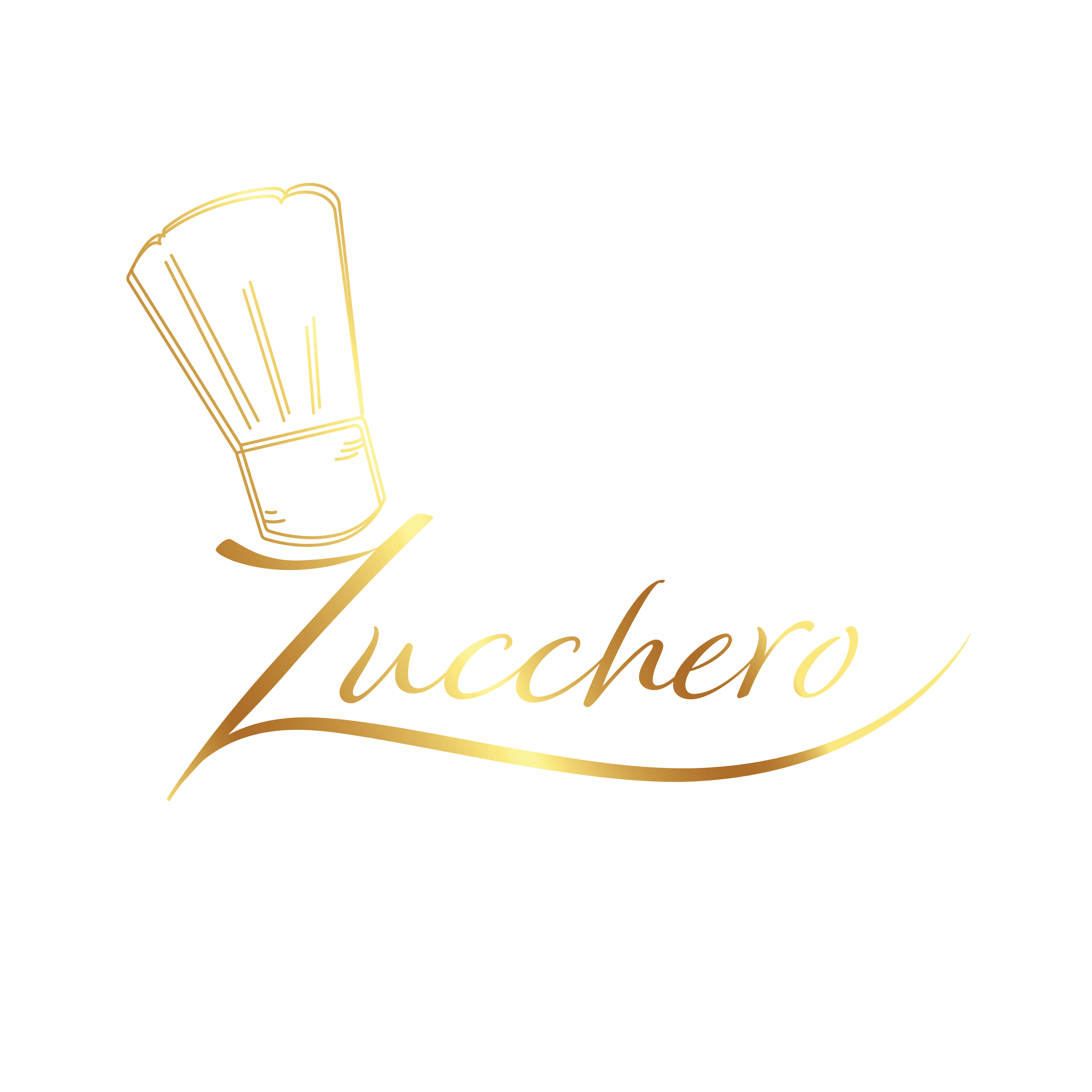

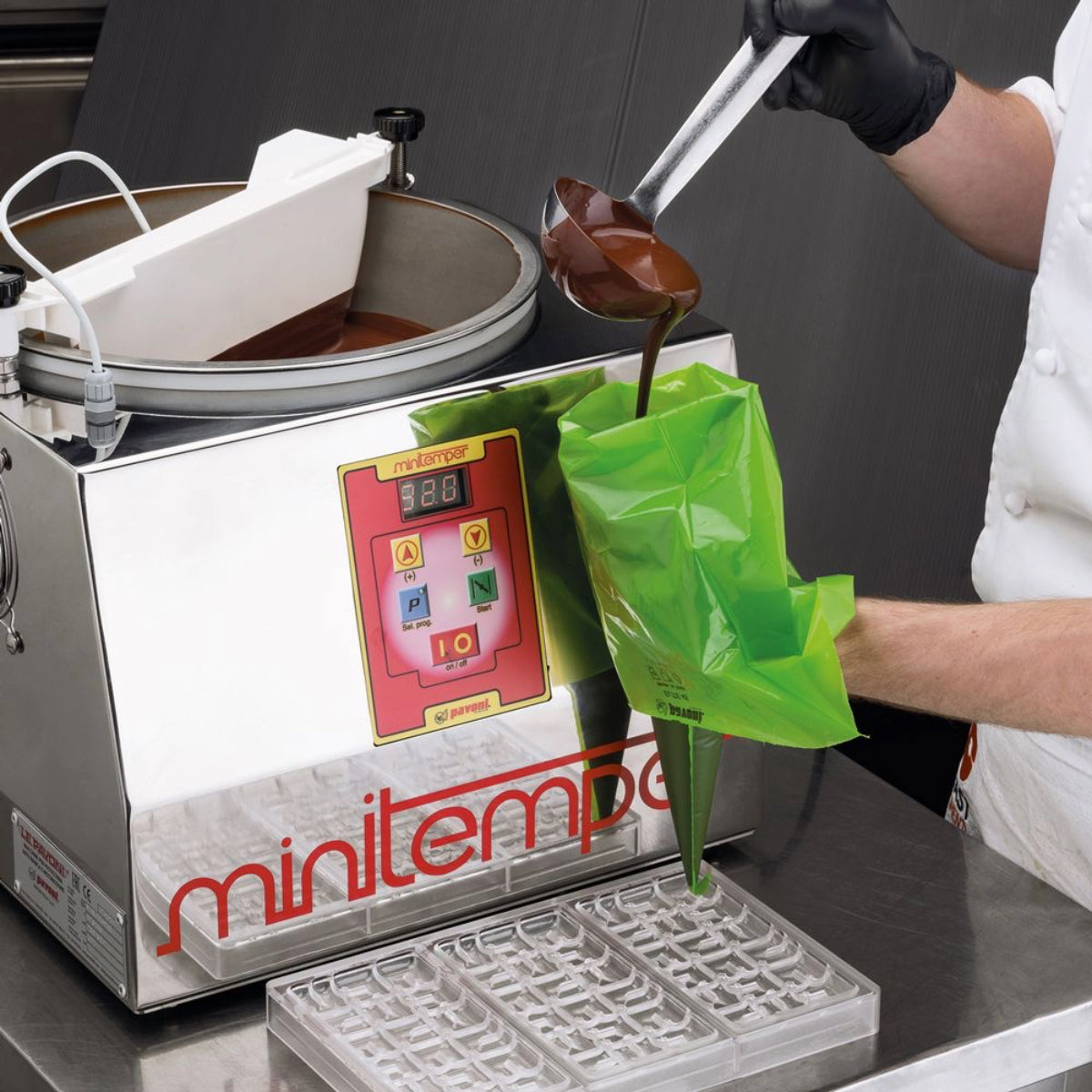

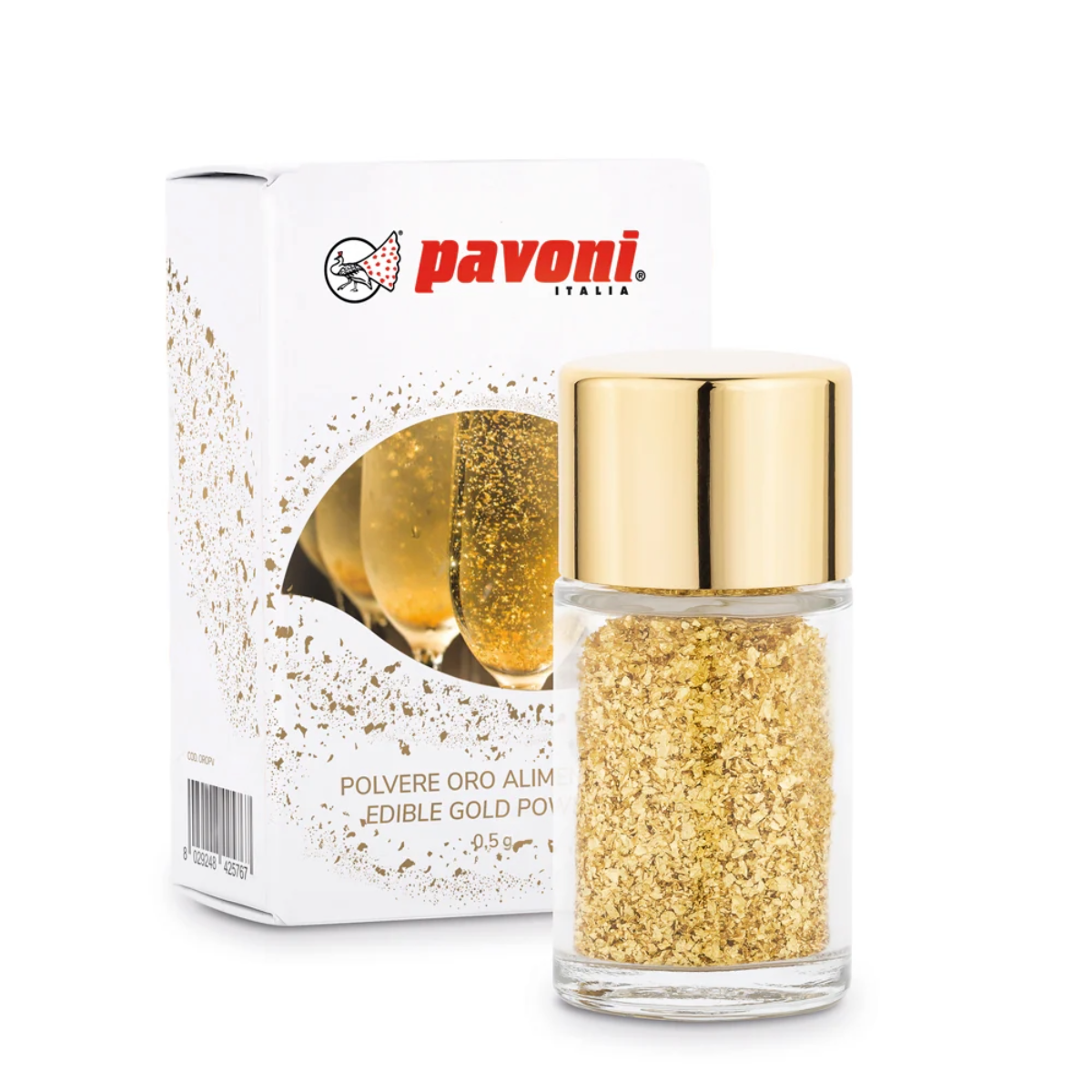

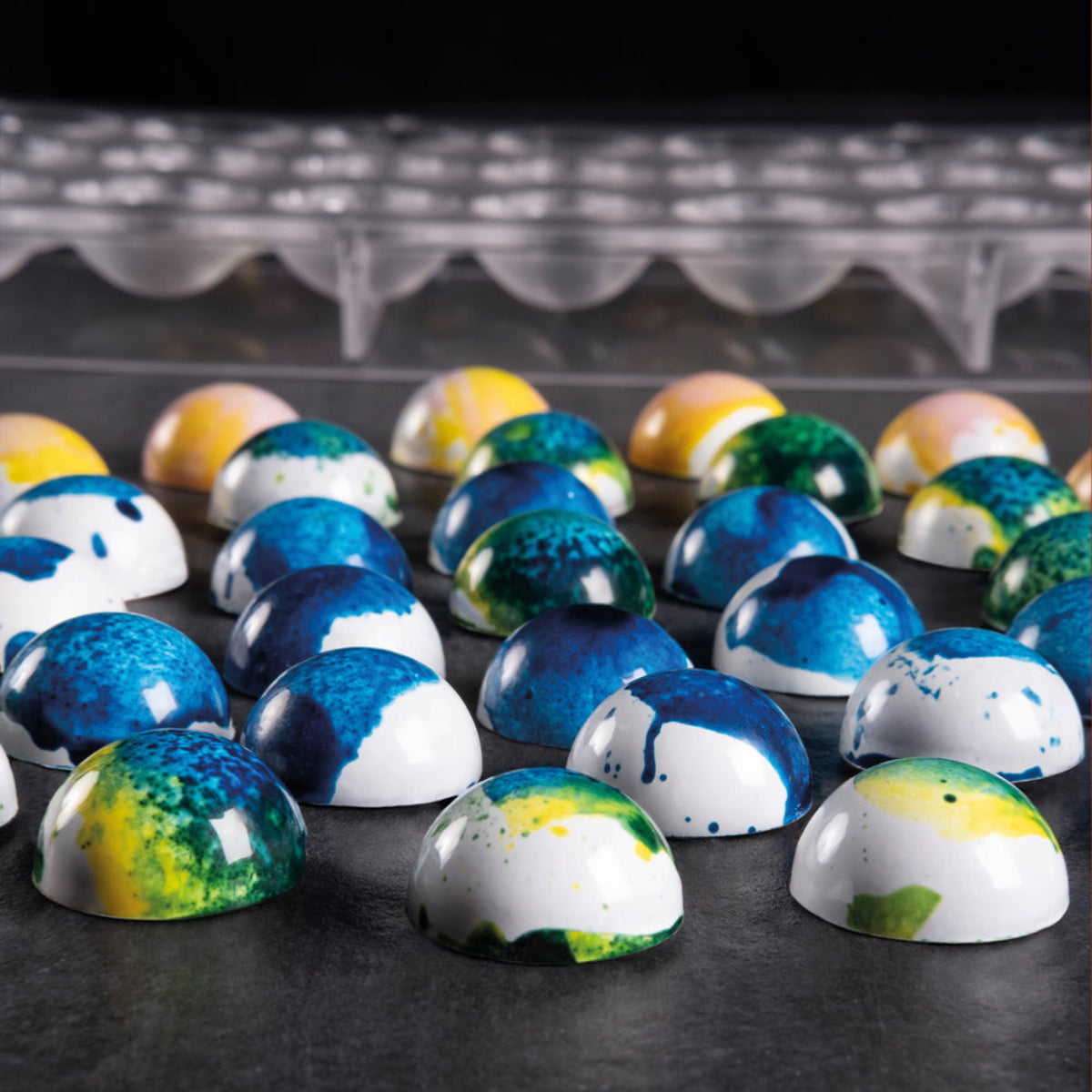



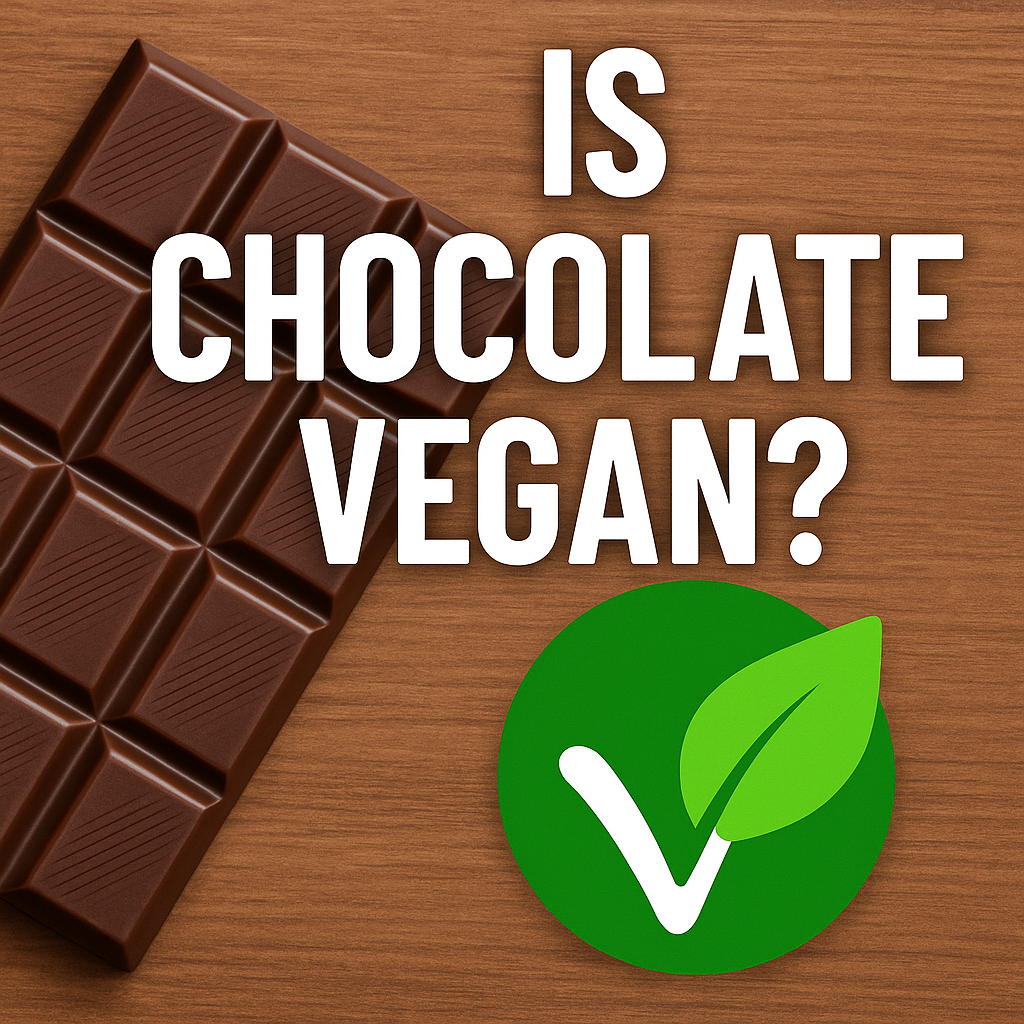
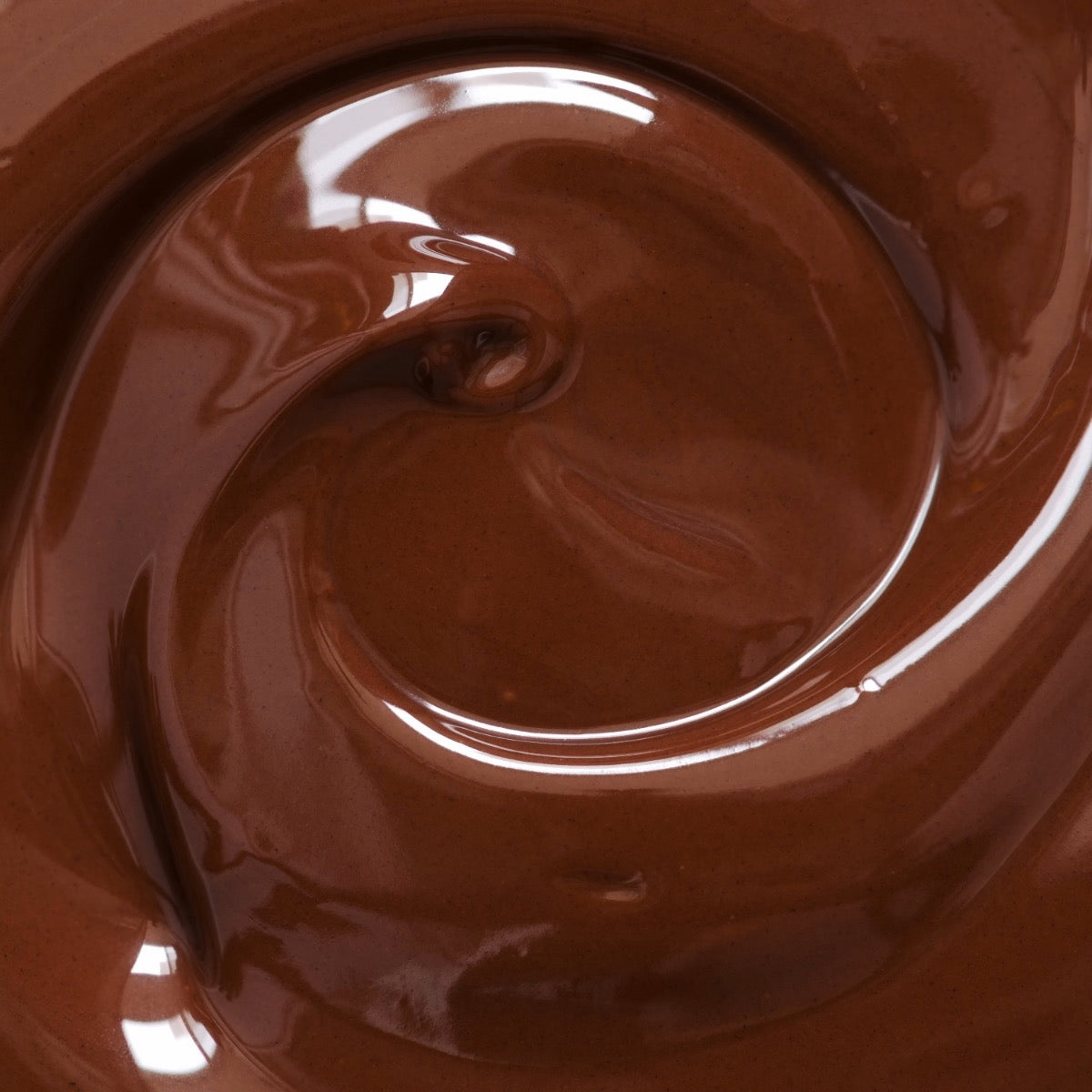
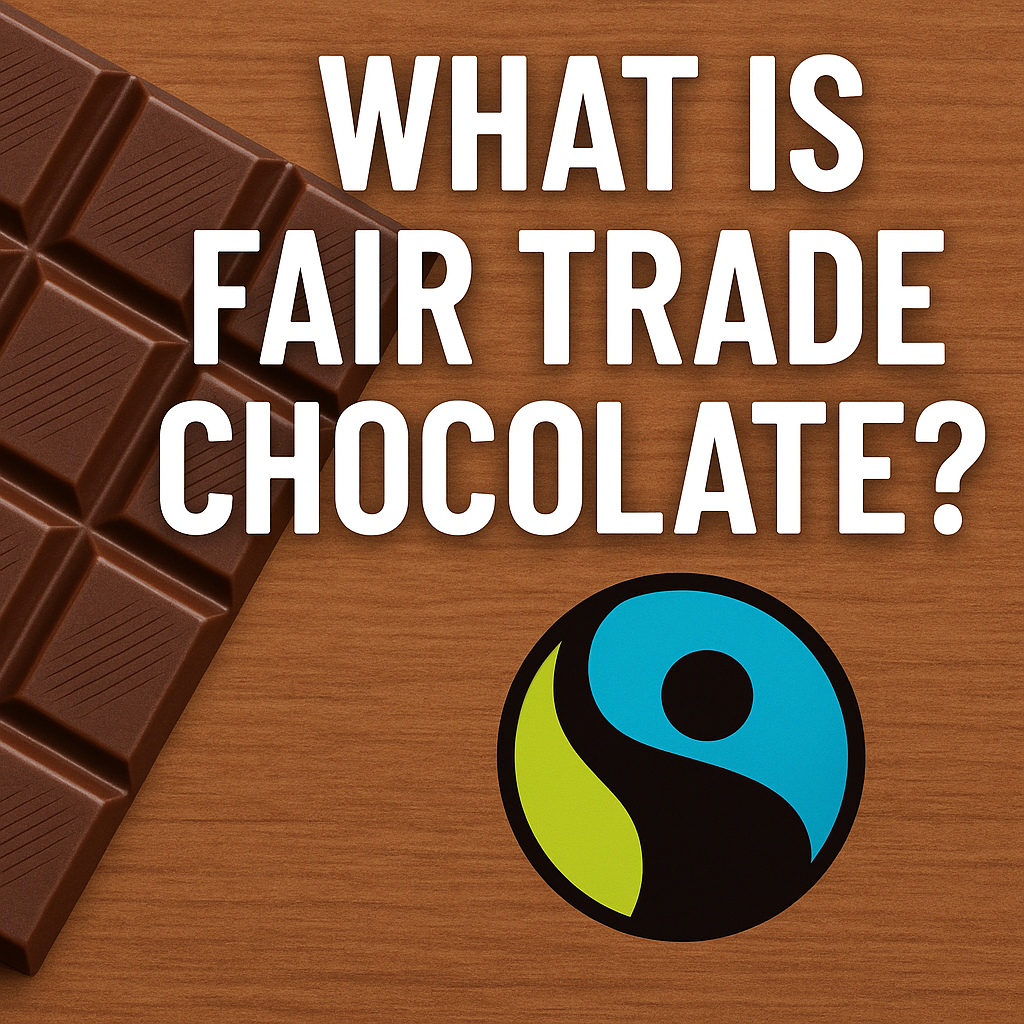


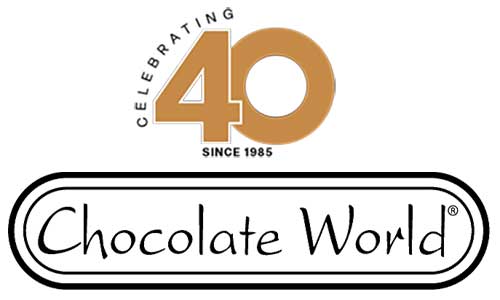

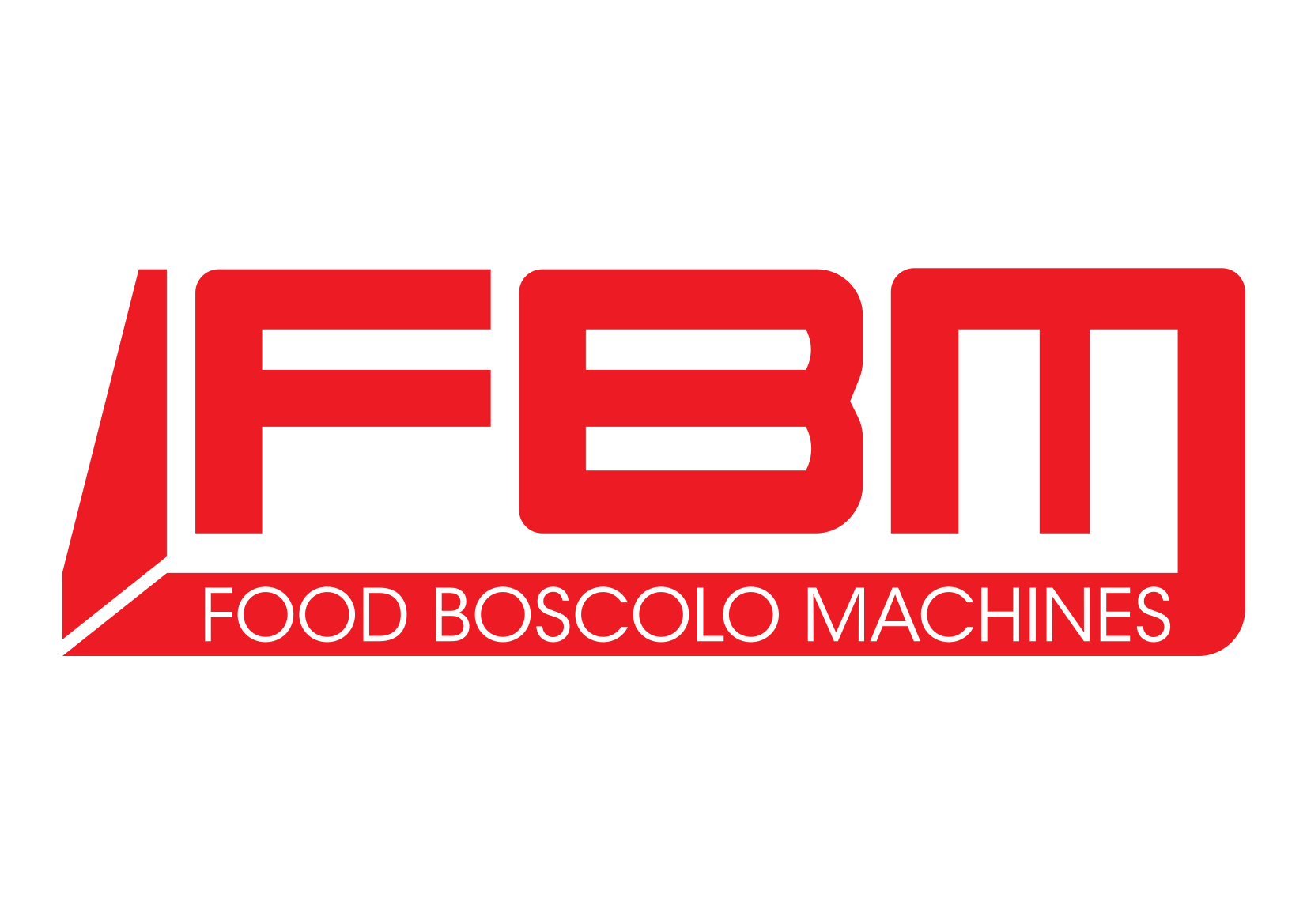
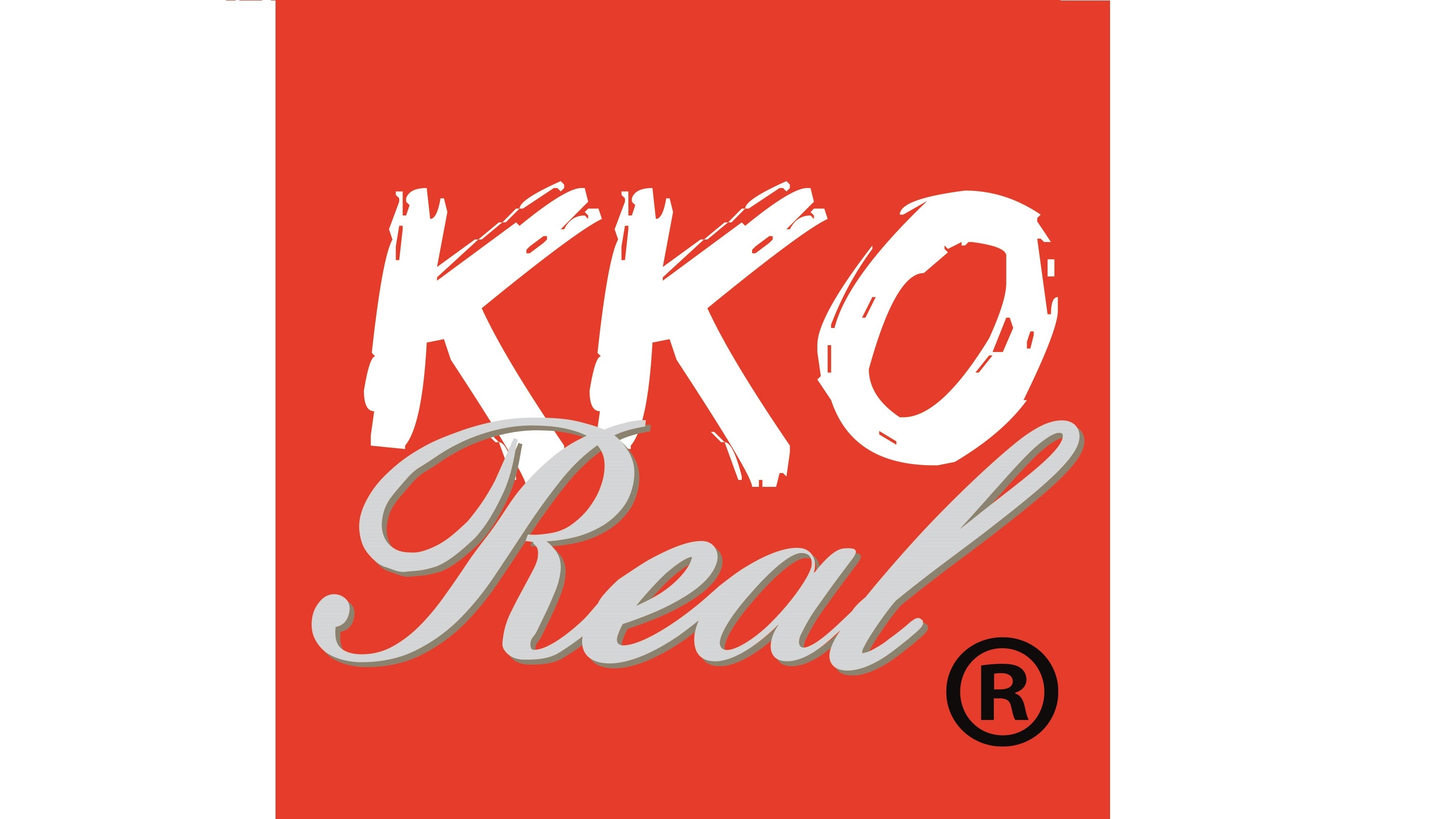
















Laisser un commentaire
Tous les commentaires sont modérés avant d'être publiés.
Ce site est protégé par hCaptcha, et la Politique de confidentialité et les Conditions de service de hCaptcha s’appliquent.